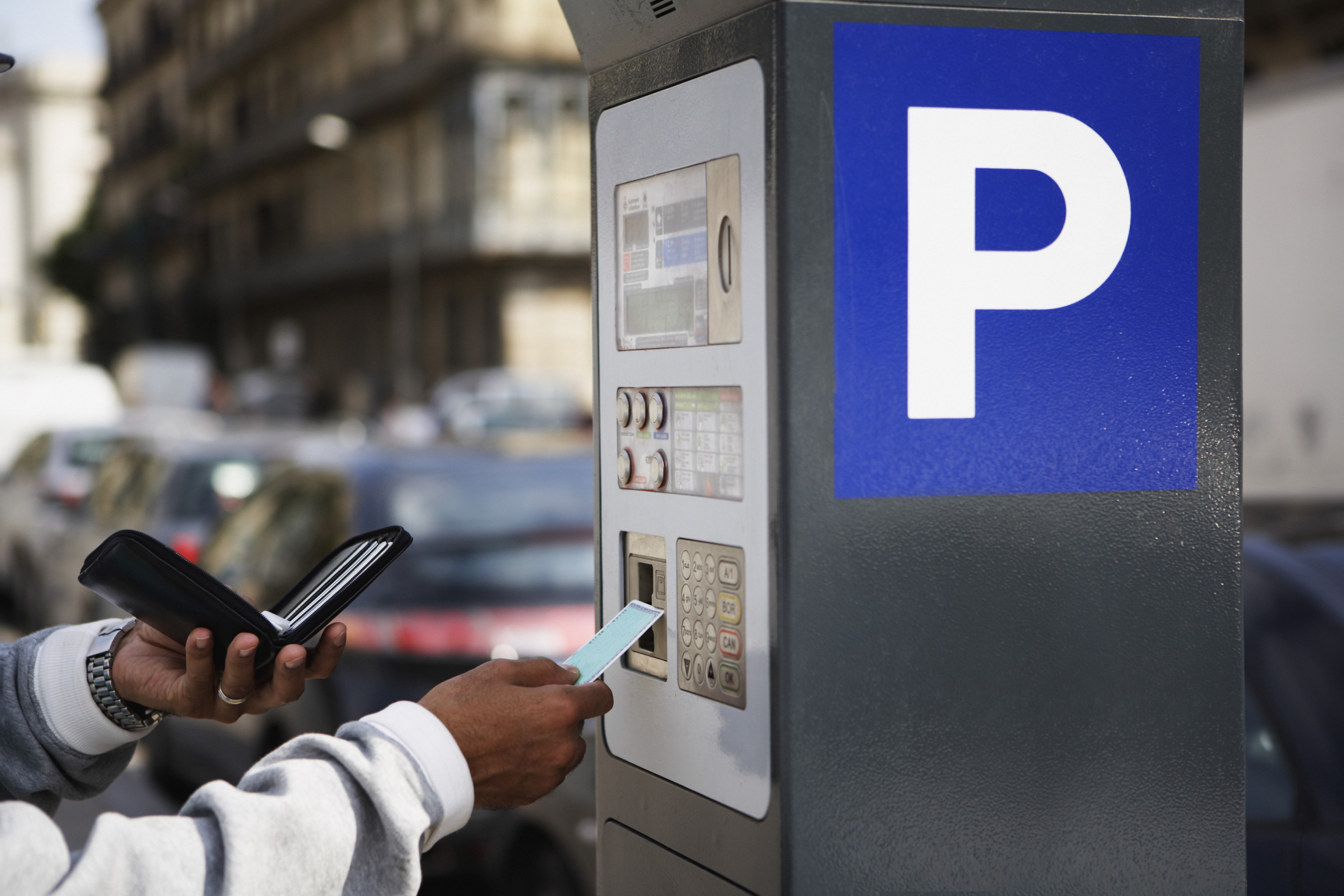
Chilean lawmakers seek to redefine affordable parking as a consumer right.
Affordable parking at hospitals, airports, and malls should be a consumer right and an obligation for businesses. That, at least, is the underlying principle of a recently proposed amendment to the Chilean Consumer Protection Act designed to limit rates and modify terms of use for commercial parking services. The proposal has been met with opposition from businesses and third-party parking operators, who argue that the new rule would constitute a regulatory taking of their assets.
To date, the only parking regulation in Chile, the Land Use and Building Act, requires malls to build parking lots for customers, but it does not set any limits on rates. Parking operators are free to set their own hourly fees and can round up to the nearest hour, without prorating, when charging customers.
As proposed, the amendment to the Chilean Consumer Protection Act would require the first 30 minutes of parking in airports, non-emergency hospital departments, and malls to be free of charge for all consumers. For malls, the next two hours would be free upon proof of purchase from an associated business–for example, a receipt from a store in a shopping mall. Parking for hospital emergency facilities would be completely free of charge.
In addition to limiting parking rates, the proposed amendment seeks to restrict business practices that the bill’s authors deem unfair. Under the proposal, parking operators would be required to charge customers on a prorated hourly basis for time actually spent in the facility. The proposed legislation would also ban parking operators from including disclaimer statements on receipts and signs releasing themselves from liability for damages to customers’ cars.
Opponents of the rule claim that the Chilean Congress has no constitutional authority to regulate parking rates, let alone to declare parking as something that must be provided free of charge. Representative Matias Walker, one of the bill’s authors, has responded to these criticisms by stating that the amendment does not seek to classify parking as a gratuitous service, but rather to regulate conditions of use in commercial parking lots. The proposal’s critics, however, remain unconvinced. The Chilean National Chamber of Commerce, a trade association representing some of the largest industry actors, has argued that the amendment would violate businesses’ economic freedom and private property rights. The Chamber of Commerce has criticized the bill as a regulatory taking of parking operators’ right to collect fees for their parking services, which would significantly reduce the value of their business.
The bill’s opponents have also cautioned that the amendment is problematic from a public policy perspective because it would encourage use of cars, resulting in more traffic jams and air pollution. They further argue that the proposed rate regulation would make parking businesses less profitable, opening the door to lower investment and, as a consequence, reducing the quality of parking services.
Some major market players, such as the National Chamber of Shopping Centers, announced that, if the proposed amendment is adopted, they will file judicial challenges in regular courts and before the Constitutional Court of Chile, the nation’s highest court. Opponents threaten that they will seek economic compensation as well as an injunction to block the bill.
Notwithstanding the major lobbying effort opposing the amendment, the bill was approved in the Cámara de Diputados of the Chilean Congress (which is similar to the U.S. House of Representatives) in early April, passing by a vote of 73-18. The bill has since been introduced in the Chilean Senate for discussion.



